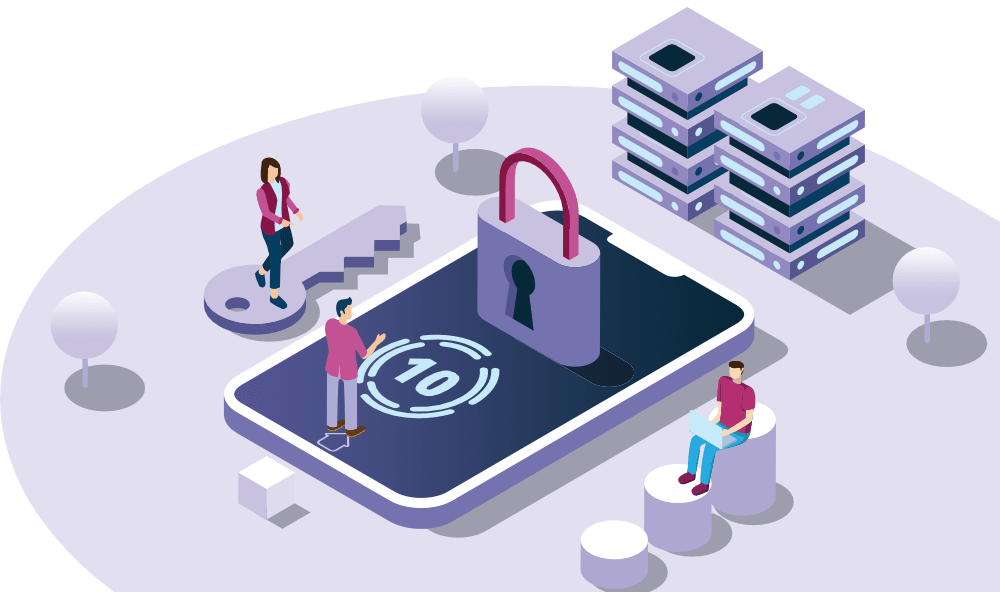Now Reading: How to Protect Your Digital Privacy in 2025: A Simple Guide for Everyday Internet Users
-
01
How to Protect Your Digital Privacy in 2025: A Simple Guide for Everyday Internet Users
How to Protect Your Digital Privacy in 2025: A Simple Guide for Everyday Internet Users

In 2025, our lives are more connected than ever—from banking to shopping, chatting to working, everything happens online. But as our digital presence grows, so do the risks. Data leaks, identity theft, and online fraud are no longer rare headlines. They’re real and affect users in Tier 2 cities just as much as those in metros. So, how can you safeguard your digital life in today’s internet-driven world?
Why Digital Privacy Matters More Than Ever
With AI tools tracking behaviour, smartphones listening for keywords, and public Wi-Fi becoming a hacker’s playground, privacy is no longer optional—it’s essential. Especially in India, where mobile usage dominates and digital services reach the smallest towns, people often unknowingly expose personal information daily.
Whether you’re a student in Bhopal, a homemaker in Ranchi, or a freelancer in Surat, your data can be targeted if not protected.
Steps to Protect Your Privacy Online
- Use Strong, Unique Passwords
Avoid using your birthdate, “123456”, or the same password across sites. Tools like password managers (e.g., Bitwarden or 1Password) can create and remember strong, secure passwords for each app or website. - Enable Two-Factor Authentication (2FA)
Most apps—Instagram, Gmail, UPI wallets—now offer 2FA. It adds a second layer of security, like an OTP on your phone. Even if someone guesses your password, they can’t get in without this second code. - Update Your Devices Regularly
Always update your phone, apps, and computer software. Updates fix security flaws. Using outdated systems leaves you open to attacks. - Beware of Phishing Scams
Don’t click on random links sent via SMS or WhatsApp. Avoid emails asking you to ‘verify your account’ unless you’re sure it’s real. Scammers often disguise themselves as banks, courier companies, or government sites. - Limit What You Share Online
Oversharing on social media gives attackers personal details—like where you study, live, or your family members’ names. Keep your account private and think before you post. - Use Encrypted Apps for Chats
Apps like Signal or WhatsApp (with end-to-end encryption) are safer for private conversations. Avoid using unsecured apps for sensitive discussions. - Avoid Public Wi-Fi for Banking or Shopping
Never enter card details or passwords on public Wi-Fi (airports, cafes). Use your mobile data or a VPN (Virtual Private Network) instead.
What About Indian Apps and Portals?
Indian users often rely on platforms like UPI apps, Digilocker, and Aadhaar services. These are secure—but only if you use official apps, don’t share OTPs, and keep your devices locked. Always download from trusted sources like the Google Play Store or Apple App Store.
For Tier 2 City Users: Special Attention Needed
In Tier 2 cities, people are rapidly adopting digital platforms, but awareness about online safety is still growing. This makes them easy targets. Schools, small business owners, and families must be educated about safe browsing and app permissions.
Teaching kids not to click random ads or enter passwords in cybercafés is just as important as locking the front door at home.
Conclusion
Protecting your digital privacy in 2025 doesn’t mean becoming a tech expert. It just requires a little caution and awareness. With the right habits—strong passwords, secure apps, limited sharing—you can browse, bank, and connect safely. Whether you’re in Pune or Patna, staying secure online is no longer optional—it’s the new normal.

























